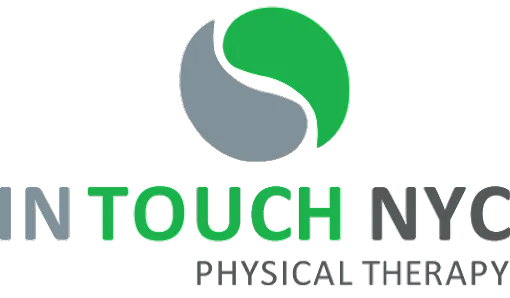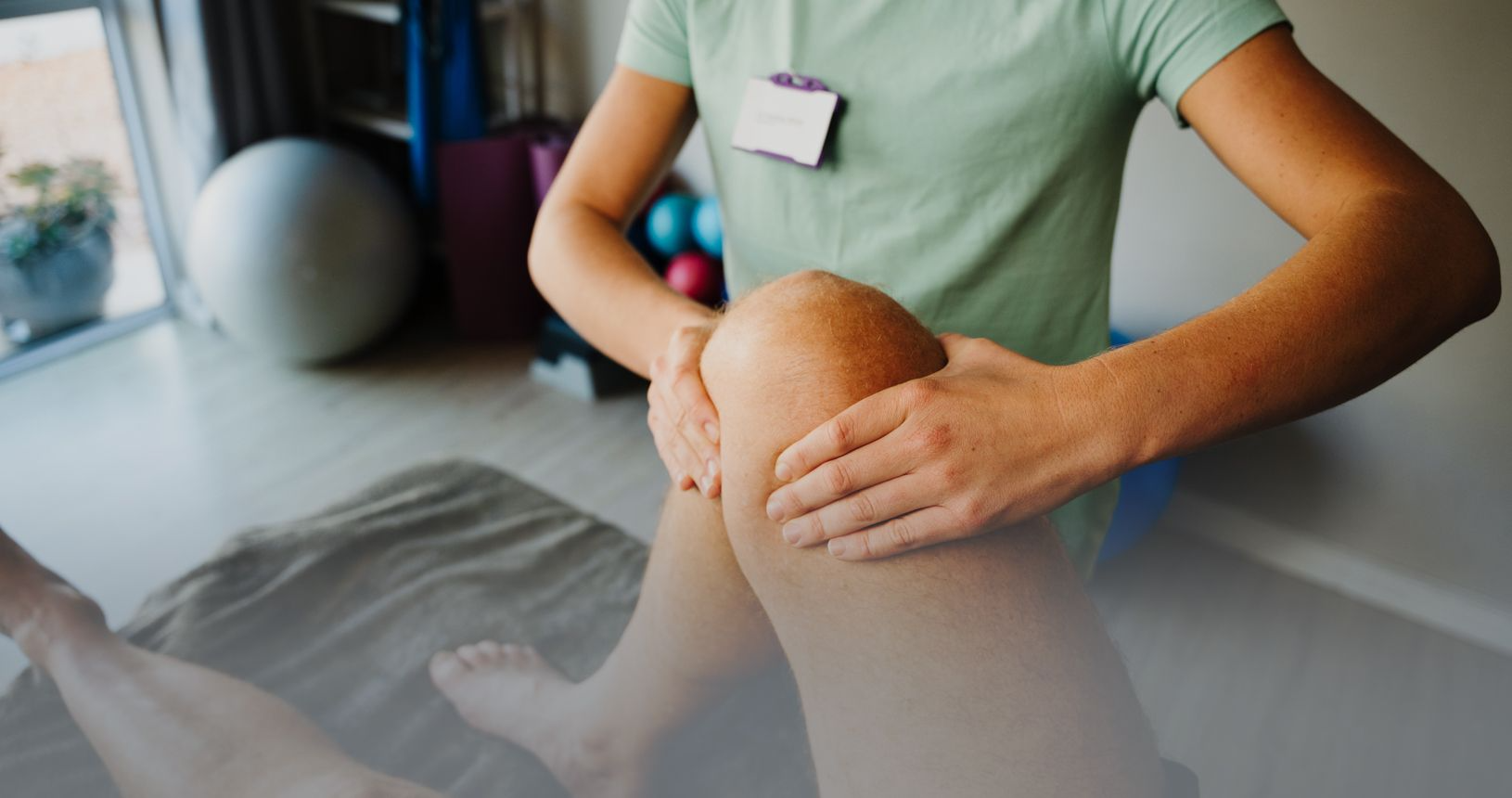Physical therapy can help. A tailored treatment plan from a compassionate and skilled therapist can help patients to address the causes of their knee pain, recover from surgery, and regain the ability to enjoy mobility and the activities they love.
Here at In Touch NYC, we get many questions about knee therapy and rehabilitation. Here are our answers to some of the ones we hear most often.
When should I see a physical therapist about knee therapy or rehabilitation?
Talking to a physical therapist about knee pain can feel like a big step. However, it can also be one of the most important things you do to get started on the path to health.
When deciding whether to see a physical therapist about knee therapy or rehabilitation, remember that a PT can help even if you haven’t had surgery. Physical therapists can help patients who suffer from any of the following:
- Knee pain after an activity (e.g. Sports)
- Knee pain after a fall or sudden blow
- Before and after knee surgery
- Knee pain after a car accident
- Pain that increases over time or that hinders your ability to live your life
- Pain caused by osteoarthritis or other issues
Never be afraid to request an evaluation from a physical therapist for your knee discomfort. You deserve to enjoy pain-free mobility and your daily activities, and a skilled therapist can help you get there.
What will happen during my first visit for knee therapy or rehabilitation?
Your first visit to the therapist will include a consultation and an evaluation to help the therapist determine the cause and extent of your pain. They may ask you to move your knee in certain ways and ask questions such as the following:
- Where is the pain located in your knee?
- When and how did it start?
- How is your knee pain impacting your mobility?
- Do certain activities increase or reduce your pain?
- Do you have any underlying conditions?
- Which activities are most important to you?
This initial consultation will help your therapist to understand your condition and circumstances so that they can choose treatments that target your needs.
How will my physical therapist address my knee pain?
Once your evaluation is complete, your physical therapist will create a treatment plan designed specifically for you. This treatment plan can include any of a number of approaches, including
- Range-of-motion exercises
- Strengthening exercises
- Balance training
- Practice of desired activities
- Electrical stimulation
You may enjoy aquatic therapy or other gentle exercises intended to strengthen your knee without doing further damage.
Your exercise routine, regardless of which treatments are included, will focus on helping you to achieve less pain, more mobility, more strength, and greater range of motion so you can get back to the active, pain-free life you deserve.
How long will my knee rehabilitation take?
The length of your knee rehabilitation will depend upon your particular situation. Usually, knee therapy requires time and patience to work. You can expect to go to therapy up to several times a week for several weeks or more.
Your physical therapist will help you to determine how long your recovery will take. You can also hasten your healing by carefully following their instructions for at-home exercises and care. Following your treatment plan will help you to achieve the healing you desire as quickly as possible.
Can knee therapy prevent surgery?
Often, people think about knee rehabilitation as something that occurs after surgery to help healing occur more effectively. This is true. However, in some cases, physical therapy can actually help to delay surgery or set a patient up for success after surgery.
For example, receiving preventive strength training and mobility exercises can help you to avoid knee injuries that would require more extensive PT or even surgery. Similarly, seeing a physical therapist for knee pain could help you to prevent surgery by strengthening the muscles around your knee. Some patients even manage to avoid surgery altogether with an individualized treatment plan.
In addition, many patients attend physical therapy before knee replacement surgery (knee arthroplasty). Treatment beforehand can help you to experience less pain, greater mobility, and a faster recovery after your surgery.
If you are planning to begin strenuous activities, such as sports, if you are experiencing significant knee pain, or if you are facing knee surgery, do not hesitate to reach out to physical therapists like those here at In Touch NYC. They may be able to help.
Knee therapy and rehabilitation can be life-changing by restoring patients’ ability to live their lives the way they desire. Here at In Touch NYC, our skilled therapists at all of our NYC locations are dedicated to your success and equipped with state-of-the-art tools and techniques to help you overcome your knee problems.



